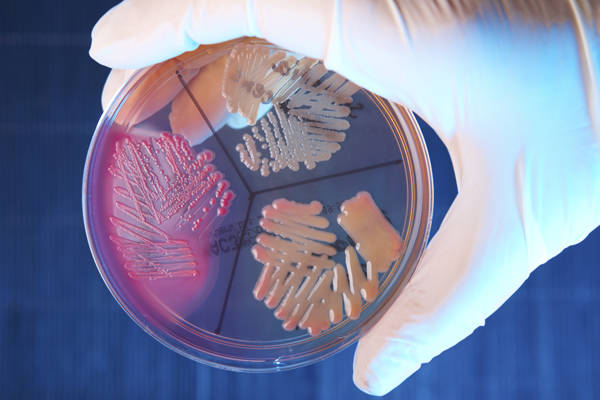The Impact of Gut Health on Overall Well-Being

Have you ever heard the expression, “you are what you eat”? It turns out that this adage is true, particularly when it comes to gut health. The gut, or digestive system, plays a vital role in overall well-being. The gut is home to trillions of microorganisms, collectively known as the gut microbiome. These microorganisms play a crucial role in digestion, nutrient absorption, and immune system function. In recent years, research has shown that the gut microbiome also plays a significant role in mental health, autoimmune disorders, and even cancer prevention.
What is the Gut Microbiome?

The gut microbiome is a collection of microorganisms that live in the digestive tract. These microorganisms include bacteria, viruses, fungi, and other microbes. The gut microbiome is unique to each individual and can be influenced by factors such as diet, genetics, and lifestyle.
The gut microbiome plays a vital role in digestion and nutrient absorption. It helps break down food into essential nutrients and vitamins, which are then absorbed into the bloodstream and transported throughout the body. The gut microbiome also helps maintain a healthy immune system by producing antibodies and other immune cells that fight off harmful bacteria and viruses.
The Gut Microbiome and Mental Health
Recent research has shown that the gut microbiome also plays a significant role in mental health. The gut-brain axis is a two-way communication system between the gut and the brain. The gut microbiome can influence the production of neurotransmitters, such as serotonin and dopamine, which are essential for regulating mood and emotions.
In studies, researchers have found that individuals with depression and anxiety have an altered gut microbiome compared to those without these conditions. Some studies have even shown that probiotics, which are live microorganisms that provide health benefits when consumed, can improve symptoms of depression and anxiety.
The Gut Microbiome and Autoimmune Disorders
The gut microbiome also plays a crucial role in autoimmune disorders, which occur when the immune system mistakenly attacks healthy cells in the body. Research has shown that an unhealthy gut microbiome can contribute to the development of autoimmune disorders such as rheumatoid arthritis, lupus, and Crohn’s disease.
One study found that individuals with rheumatoid arthritis had a different gut microbiome compared to those without the condition. Researchers also found that treatment with probiotics improved symptoms of rheumatoid arthritis in animal studies.
The Gut Microbiome and Cancer Prevention

The gut microbiome may also play a role in cancer prevention. Research has shown that an unhealthy gut microbiome can contribute to the development of colorectal cancer, the third most common cancer in the world.
Studies have found that certain bacteria in the gut microbiome can produce carcinogenic compounds that can damage the lining of the colon. On the other hand, other bacteria in the gut can produce substances that protect against colorectal cancer.
The gut microbiome plays a crucial role in overall well-being. It influences digestion, nutrient absorption, and immune system function. Recent research has also shown that the gut microbiome plays a significant role in mental health, autoimmune disorders, and even cancer prevention.
By maintaining a healthy gut microbiome through Gut Health Dietitian, regular exercise, and stress management, individuals can promote overall well-being and reduce the risk of chronic diseases.










